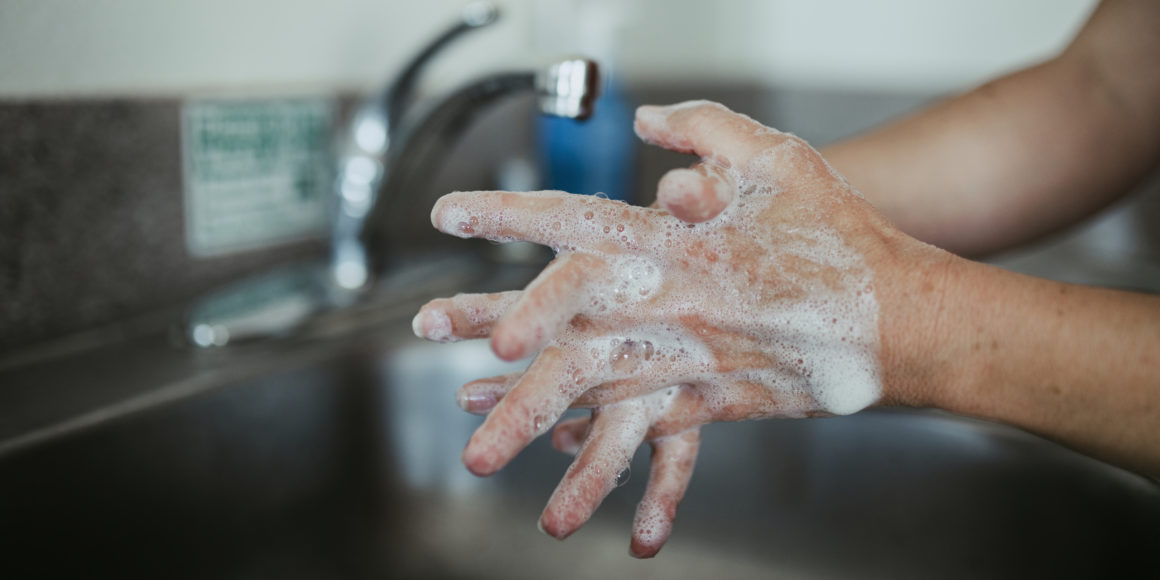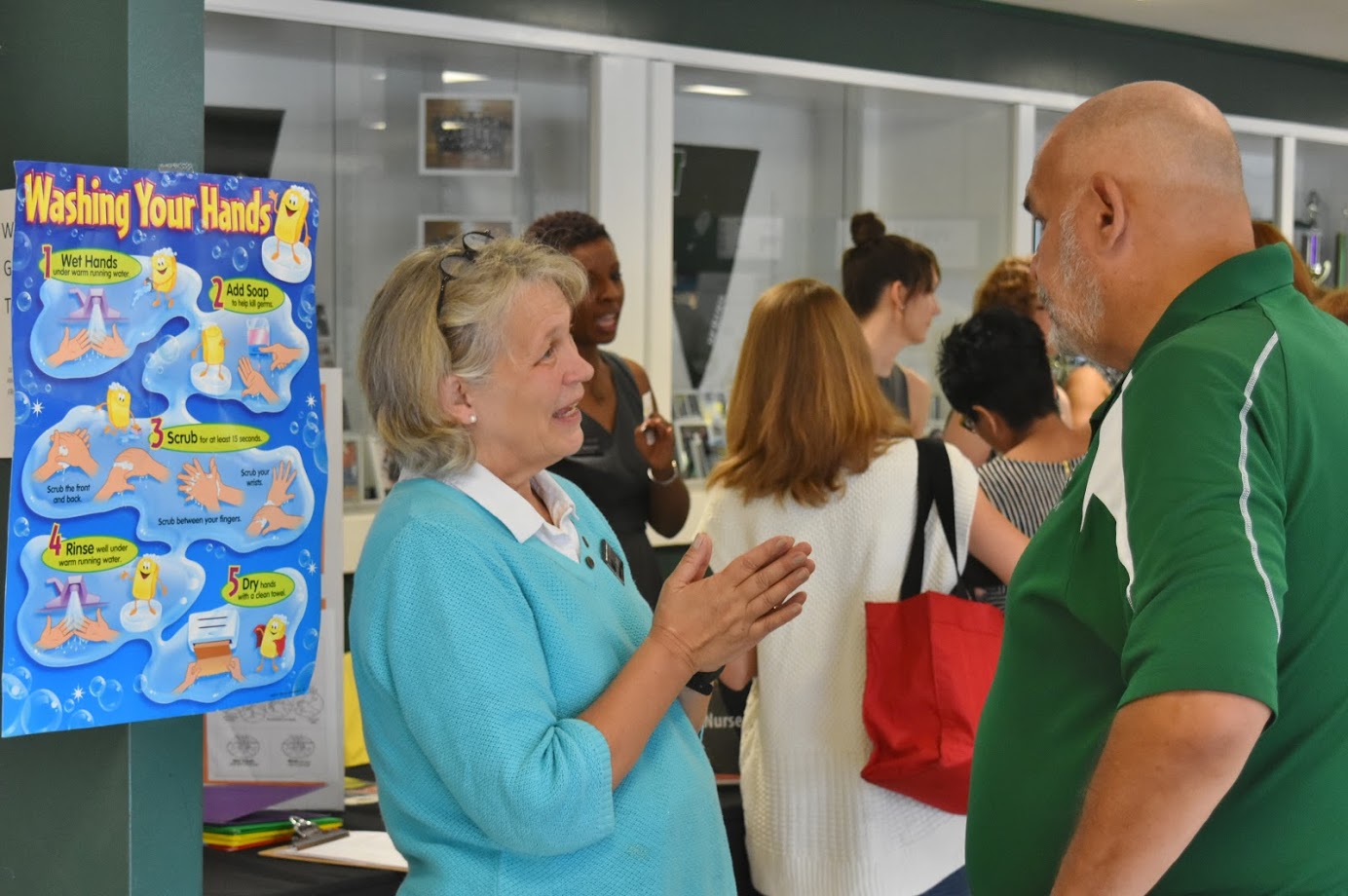Handwashing Tips to Stay Healthy
Stop the spread of COVID-19 by practicing good hand hygiene. CLEF School Nurse Patricia Braun regularly visits Chicagoland Lutheran Educational Foundation schools to educate students and staff about the importance of daily handwashing. Review these tips with children and family often to keep everyone safe especially during these challenging times.
GOOD HANDWASHING
Keeping hands clean through improved hand hygiene is one of the most important steps we can take to avoid getting sick and spreading germs to others. Many diseases and conditions are spread by not washing hands with soap and clean, running water. If clean, running water is not accessible, as is common in many parts of the world, use soap and available water. If soap and water are unavailable, use an alcohol-based hand sanitizer that contains at least 60% alcohol to clean hands. Many diseases and conditions are spread by not washing hands with soap and clean, running water.
Handwashing with soap removes germs from hands. This helps prevent infections because:
- People frequently touch their eyes, nose, and mouth without even realizing it. Germs can get into the body through the eyes, nose and mouth and make us sick.
- Germs from unwashed hands can get into foods and drinks while people prepare or consume them. Germs can multiply in some types of foods or drinks, under certain conditions, and make people sick.
- Germs from unwashed hands can be transferred to other objects, like handrails, table tops, or toys, and then transferred to another person’s hands.
- Removing germs through handwashing, therefore, helps prevent diarrhea and respiratory infections and may even help prevent skin and eye infections.
Teaching people about handwashing helps them and their communities stay healthy. Handwashing education at school and in the community:
- Reduces the number of people who get sick with diarrhea by 31%
- Reduces diarrheal illness in people with weakened immune systems by 58%
- Reduces respiratory illnesses, such as colds, in the general population by 16-21% (CDC, 2017)
Keeping hands clean through improved hand hygiene is one of the most important steps we can take to avoid getting sick and spreading germs to others. Many diseases and conditions are spread by not washing hands with soap and clean, running water. If clean, running water is not accessible, as is common in many parts of the world, use soap and available water. If soap and water are unavailable, use an alcohol-based hand sanitizer that contains at least 60% alcohol to clean hands.
When should you wash your hands?
- Before eating food
- While preparing food
- Before and after caring for someone who is sick
- Before and after treating a cut or wound
- After using the toilet
- After changing diapers or cleaning up a child who has used the toilet
- After blowing your nose, coughing, or sneezing
- After touching an animal, animal feed, or animal waste
- After handling pet food or pet treats
- After touching garbage
How should you wash your hands?
- Wet your hands with clean, running water (warm or cold), turn off the tap and apply soap.
- Lather your hands by rubbing them together with the soap. Be sure to lather the backs of your hands, between your fingers, and under your nails.
- Scrub your hands for at least 20 seconds. Need a timer? Hum the “Happy Birthday” song from beginning to end twice.
- Rinse your hands well under clean, running water.
- Dry your hands using a clean towel or air dry them.


